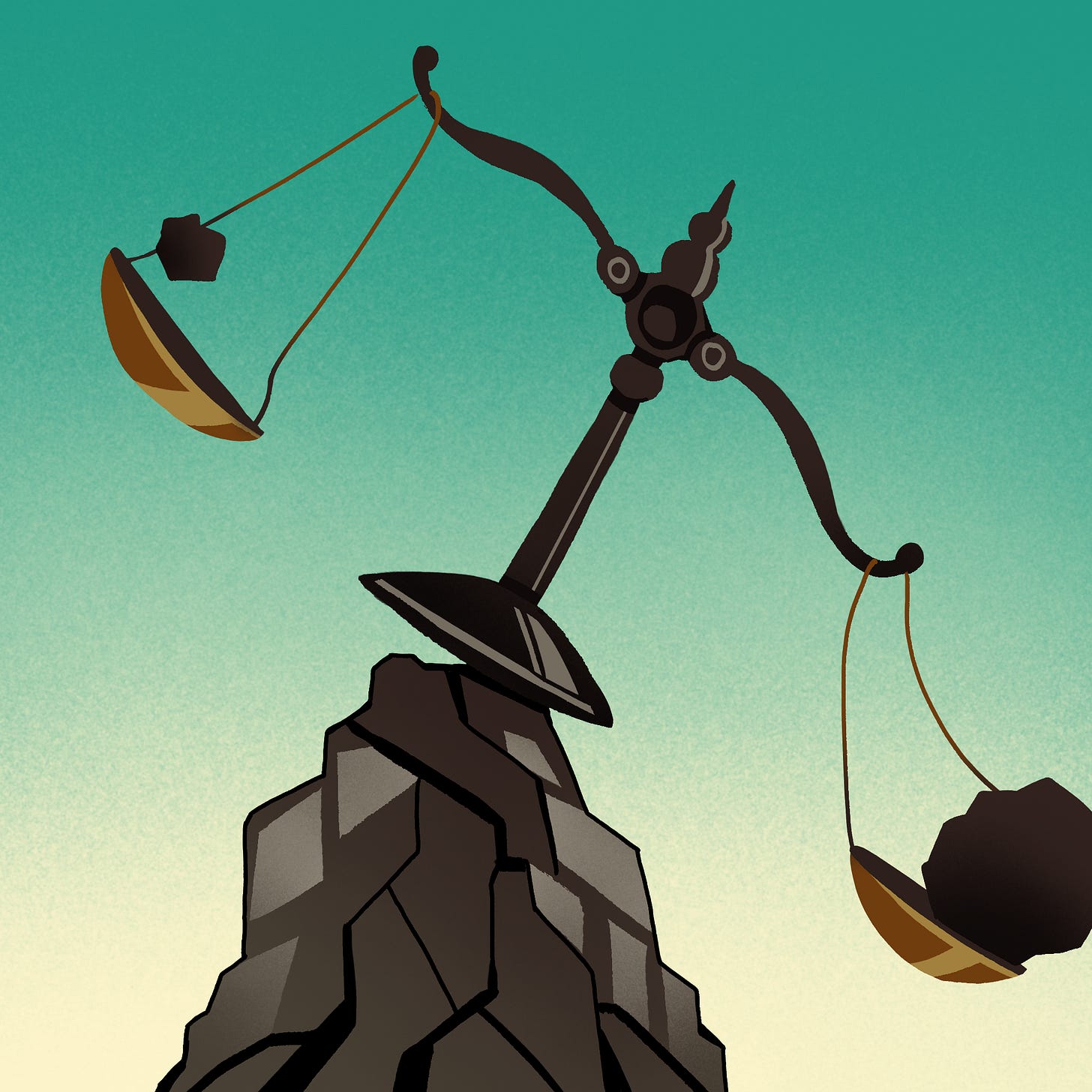The film 12 Years a Slave depicts several different types of slavers, each with very different attitudes and levels of animosity towards their slaves. William Ford, portrayed by Benedict Cumberbatch, is the slaver who initially buys Solomon Northup (Chiwetel Ejiofor), the protagonist, and on the surface he’s depicted as the “best” of them, relatively speaking. He respects Solomon’s intelligence, does not display any sort of direct physical violence towards his slaves, and feels very bad about buying a female slave and separating her from her child (though he ultimately does so anyways). Director Steve McQueen, however, has said that he considers Ford to be the worst of them all:
The fact of the matter is that, I think he was the worst one of them all as far as a slave owner is concerned because he is saying one thing, but doing another. You know, he doesn’t sort of… He knows Solomon is a free man. But what does he do? Nothing.
But according to the actual memoir that the film is based on, the real Solomon Northup speaks quite positively of Ford:
In his memoir, Solomon Northup offers the utmost words of kindness for his former master, stating that “there never was a more kind, noble, candid, Christian man than William Ford.” Northup blames William Ford’s circumstances and upbringing for his involvement in slavery, “The influences and associations that had always surrounded him, blinded him to the inherent wrong at the bottom of the system of Slavery.” He calls the real William Ford a “model master”, going on to write, “Were all men such as he, Slavery would be deprived of more than half its bitterness.”
Now, it’s a given that a biopic is going to take some artistic liberties, and in the film, Ford also chooses not to free Solomon even after Solomon tells him he’s actually a free man, something which didn’t happen in real life, and which certainly paints the film’s version of Ford in a much darker light. But even so, I think this shows how easy it is to, from a distance, feel more morally outraged by the violation of ideals that come from injustice, rather than the material harm it inflicts. Tibeats (Paul Dano) tries to lynch Solomon, and Epps (Michael Fassbender) repeatedly rapes one of his slaves, and beats Solomon at the slightest provocation (and sometimes at no provocation at all). Can we really say that Ford, for all his moral cowardice, is worse than them?
So what am I trying to say here? That Ford isn’t that bad of a guy? Well no, of course not. He’s a slaver just like Epps, and his comparatively kinder treatment of his slaves doesn’t justify the fundamental wrongness of what he’s doing. But he is causing less material harm, and I think that actually matters.
We can debate whether Ford or Epps is the worse person in some abstract sense, try to determine who has the more rotten soul. As McQueen says, Ford displays a level of self-awareness that seems to show he better understands than Epps the immorality of what he’s doing, which might make us judge his actions more than Epps’, who we might say “doesn’t know better”. For the record, I wouldn’t agree with this assessment; my reading of Epps is that, beneath all the rage and contempt, there is a deep conflict about slavery somewhere inside of him; his love for Patsy, while obviously displayed in a completely abusive and horrifying manner, as well as the fact that he constantly feels intellectually threatened by Solomon, indicate that his feelings towards Black people are more complicated than that of mere superiority, and his willful ignorance of this and refusal to engage with it is absolutely no better than Ford’s more introspective, yet still passive, stance.
But ultimately, I don’t think the question of “who is the better person on the inside?” is really very important. Solomon suffered less under Ford than under Epps, and to Solomon, that’s almost certainly far and away the most important thing. And the truth is, as the real Solomon Northup wrote, the world really would’ve been a better place if more slave owners had been like Ford than like Epps, even if it didn’t lead to slavery being ended any earlier, because in that interim period when slavery still existed, slaves would’ve been experiencing less suffering overall. Obviously, it would’ve been even better if there were no slave owners at all. But we live in an imperfect world, and equivocating between two evils, one of which is clearly lesser than the other, is a privilege that belongs only to those who don’t actually have to deal with the ramifications of either.
Ultimately, I think all this is best summarized by a clip from Jerry Seinfeld’s talk show Comedians in Cars Getting Coffee, in which the late Norm MacDonald recounts a conversation he had with fellow comedian Patton Oswalt about Bill Cosby. “He told me ‘I think the worst part of the Cosby thing was the hypocrisy’,” MacDonald says. “And I disagreed.”
“You disagree with that?” Seinfeld asks hesitantly.
“Yeah,” MacDonald says. “I thought it was the raping.”
(This is a lightly edited version of a post from my old Wordpress blog.)


